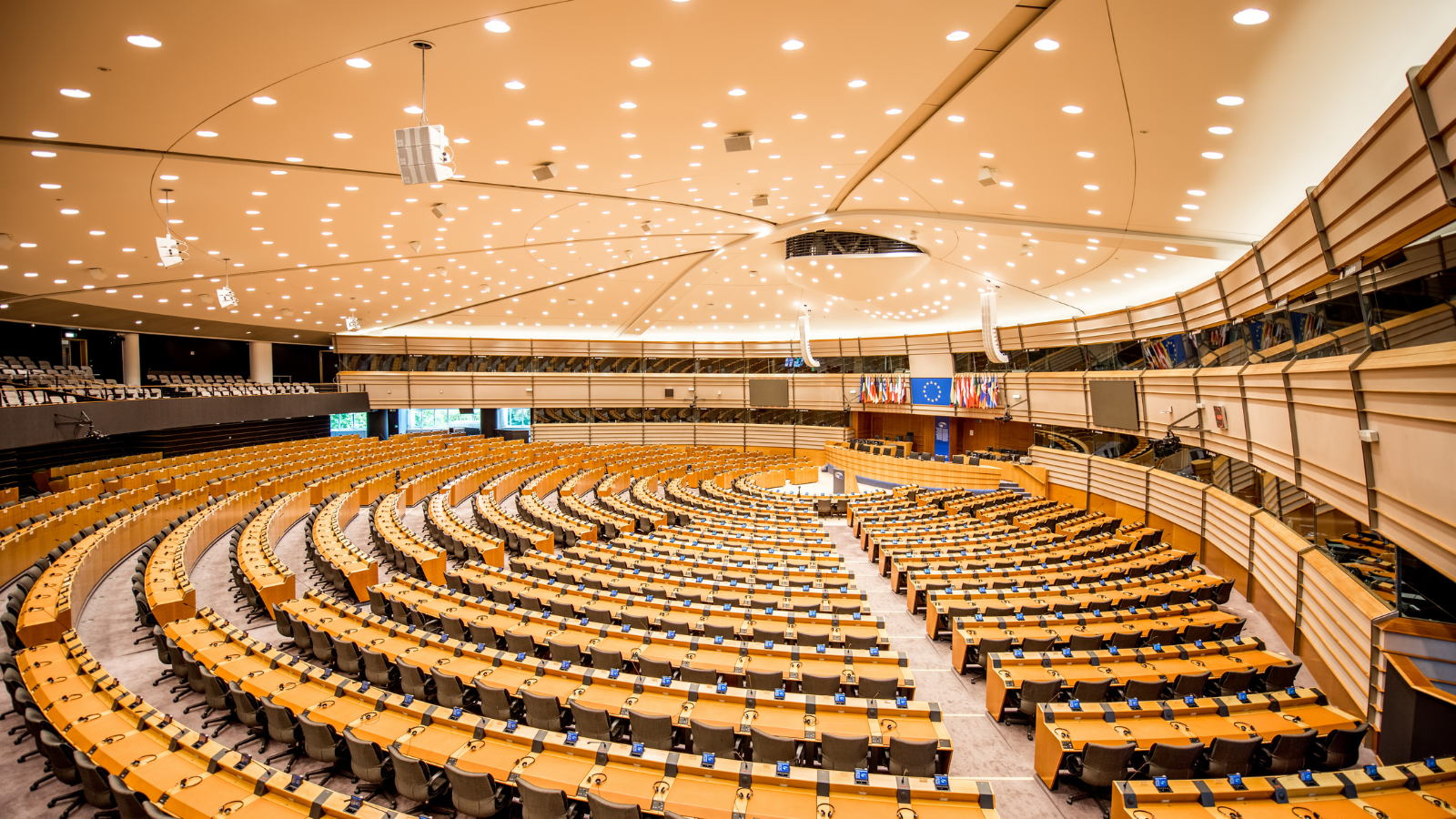Waste Framework Directive: proposal to tackle food and textile waste only slightly improved by European Parliament’s committee

Brussels, 14 February 2024 – The European Parliament’s Environment Committee voted today on EU-wide food waste reduction targets and holding producers responsible for textile waste—two waste streams that put a huge strain on the planet’s natural resources, says the environmental network Zero Waste Europe.
The vote on revising the Waste Framework Directive, as set out by the Commission in July 2023, confirmed that there is a political commitment to alleviate the environmental impact of the food and textile sectors. However, as Zero Waste Europe points out, the proposal in its current form still falls short of fundamentally changing the way Europe treats its resources.
While the environmental network was heartened to see that MEPs agreed to raise food waste reduction targets to 20% for processing and manufacturing, and 40% for retail, restaurants, and households, this result, however, runs counter to previous commitments made by the European Parliament in its 2020 resolution on the Green Deal to slash food waste by 50% from farm to fork.
Theresa Mörsen, Waste & Resources Policy Officer at Zero Waste Europe, states:
“We regret that the compromise reached is yet another blow to the original goals of the EU Green Deal. Completely excluding food lost at the farm level from the targets is not acceptable, and we hope policymakers will honour their commitment to setting targets for reduction at the primary production level in the next few years.”
Similarly, the introduction of Extended Producer Responsibility (EPR) for textiles leaves a lot of room for improvement. While the Committee pushed for a swift transposition of the new provisions by Member States, the agreement today did not rectify a key shortfall of the proposal: the lack of targets for waste textile management and prevention.
“We are glad to see that MEPs have heard civil society’s plea to introduce targets,” Mörsen continues, “however, those much-needed targets have been postponed by several years, setting little incentive to ramp up capacity and implement real solutions to the waste crisis. Also, this decision goes against the commitment the European Parliament expressed in its resolution on the EU Textiles Strategy of 2023.”
Despite those shortcomings, Zero Waste Europe welcomes the agreement on more frequent mixed waste surveys, a crucial step to generate valuable data on how much textile waste ends up in the wrong bin. Moreover, the vote today confirmed that EPR must be set up as of 2028 for bulky items such as mattresses and carpets, products that are likely to be landfilled or incinerated when they become waste.
Lastly, the Committee opted to weaken the amendments for the mandatory sorting of waste before incineration or landfilling. Now, Member States are simply encouraged to sort waste beforehand. This decision starkly contrasts with recent Eurostat data, revealing that 52% of waste ultimately enters mixed waste streams destined for incineration and landfills.
Janek Vähk, Zero Pollution Policy Manager at Zero Waste Europe, states:
“Surprisingly, some groups are hesitant to mandate mixed waste sorting, fearing it may undermine separate collection efforts. However, implementing mixed waste sorting is likely to be the most effective method for reducing the substantial amounts of waste currently sent to incinerators and landfills. Halting the practice of burning and burying waste should be a priority for the Parliament.”
Zero Waste Europe now counts on further improvements to the text in the plenary vote and by the Member States. The NGO also anticipates the full revision of the Directive after 2026, as agreed today, and calls for a substantial review to become a priority during the next European mandate.
ENDS
Notes to Editors
- Feedback to the proposal for a targeted revision of the Waste Framework Directive [Published 30/11/2023]: https://zerowasteeurope.eu/library/feedback-to-the-proposal-for-a-targeted-revision-of-the-waste-framework-directive/
- Joint statement on Extended Producer Responsibility for Textiles [Published 16/10/2023]: https://zerowasteeurope.eu/library/joint-statement-on-extended-producer-responsibility-for-textiles/
- Joint letter – NGOs and industry call on the Waste Framework Directive revision [Published 23/11/2023]: https://zerowasteeurope.eu/library/joint-letter-ngos-industry-waste-framework-directive-revision/
- European Parliament press release: Textiles and food waste reduction: New EU rules to support circular economy [Published 14/02/2024]: https://www.europarl.europa.eu/news/en/press-room/20240212IPR17625/textiles-and-food-waste-reduction-new-eu-rules-to-support-circular-economy
- As part of a group of NGOs and progressive businesses, the Prevent Waste Coalition, Zero Waste Europe campaigned to raise awareness about the importance of food waste prevention targets to align with Sustainable Development Goal 12.3 as well as EPR for textiles to tackle the waste crisis.
Press contacts
Sean Flynn, Media Outreach & Communications Officer at Zero Waste Europe, [email protected] or [email protected] / +32 471 96 55 93
Theresa Mörsen, Waste & Resources Policy Officer, [email protected]
Janek Vahk, Zero Pollution Policy Manager, [email protected]
About Zero Waste Europe
Zero Waste Europe is a European network of communities, local leaders, experts, and change agents working towards the elimination of waste in our society. Advocating for sustainable systems and the redesign of mankind’s relationship with resources, they accelerate a just transition towards zero waste for the benefit of people and the planet. www.zerowasteeurope.eu